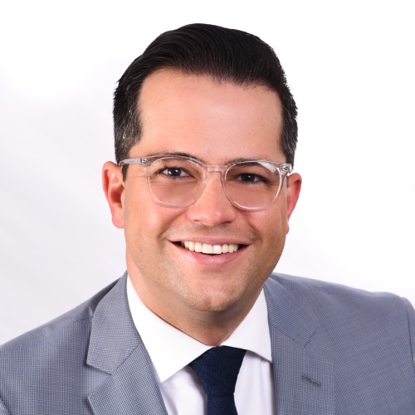When someone creates a trust, they usually hope it will prevent disagreements and keep their wishes intact after they’re gone. However, even the most carefully prepared trust can lead to conflict. In some cases, family members or beneficiaries believe the trust is unfair or that the trustee is not doing their job. In others, outside influences or late changes to the trust raise concerns. In this article, we’ll explain what a trust dispute is, why it happens, and how it can be resolved under California law.
Common Causes of Trust Disputes
A trust dispute happens when there’s disagreement about how a trust is written, managed, or distributed. These disputes can involve beneficiaries, trustees, or even people left out of the trust altogether.
Some of the most common reasons for trust disputes include:
- A beneficiary feels the trustee is not distributing assets fairly
- Someone suspects the trust was changed when the creator lacked mental capacity
- Family members believe a caregiver or other person exerted pressure on the trust creator
- The trustee fails to share important information or take action
- The terms of the trust seem confusing or inconsistent
In short, trust disputes often begin when one or more parties believe the trust isn’t being honored as intended, or that it was never valid to begin with.
Who Can File a Trust Dispute?
Not just anyone can bring a trust dispute in California. You generally must have a legal interest in the trust’s outcome. This includes:
- Named beneficiaries
- Heirs who were excluded or disinherited
- A trustee defending against allegations or seeking court guidance
To have standing, you must show that the outcome of the trust could directly affect your rights or interests. For example, someone who was removed as a beneficiary shortly before the trust creator’s death may have the right to challenge that change.
Legal Grounds for Challenging a Trust
Under California law, there are specific legal reasons why a trust can be challenged. These reasons include:
- Lack of Capacity: The person who created the trust didn’t understand what they were doing when they signed it.
- Undue Influence: Someone pressured or manipulated the trust creator to make changes that benefited them.
- Fraud: The trust was signed or changed based on lies or misrepresentation.
- Duress: The trust creator was forced or threatened into making certain decisions.
- Breach of Fiduciary Duty: A trustee acted in their own interest instead of following the trust or protecting the beneficiaries.
It’s not enough to say the trust seems unfair—there must be a legal basis for the challenge.
How Trust Disputes Are Resolved
Some trust disputes can be worked out privately, especially when all parties are open to talking. Mediation is often a helpful way to reach a compromise without going to court. But not every dispute ends that way.
If the dispute cannot be resolved informally, the case may end up in California probate court. The court will review the facts and decide whether to uphold or change the trust.
Possible outcomes include:
- Removal and replacement of the trustee
- Changes to how assets are distributed
- A ruling that the trust is invalid, in whole or in part
- A court-supervised settlement among the parties
Litigation can be time-consuming, but it may be necessary when large sums of money or serious misconduct are involved.
How We Can Help
Trust disputes often involve more than just legal questions—they can tear families apart and create long-lasting rifts. We understand how personal these matters can be. At OC Trial Group, APC, we help you assert your rights while staying focused on the outcome that’s best for you and your loved ones.
We’ll listen to your concerns, review the trust documents, and explain your options. Whether you’re a beneficiary seeking answers or a trustee trying to fulfill your duties, we’re here to support you.
Protecting Your Rights and Preserving the Trust’s Purpose
A trust dispute doesn’t always mean a court battle, but it does mean something isn’t right. If you believe a trust is being mishandled or if you’re being accused of wrongdoing, we encourage you to contact OC Trial Group, APC. We’ll walk through your concerns together and see how we can work towards a resolution.

